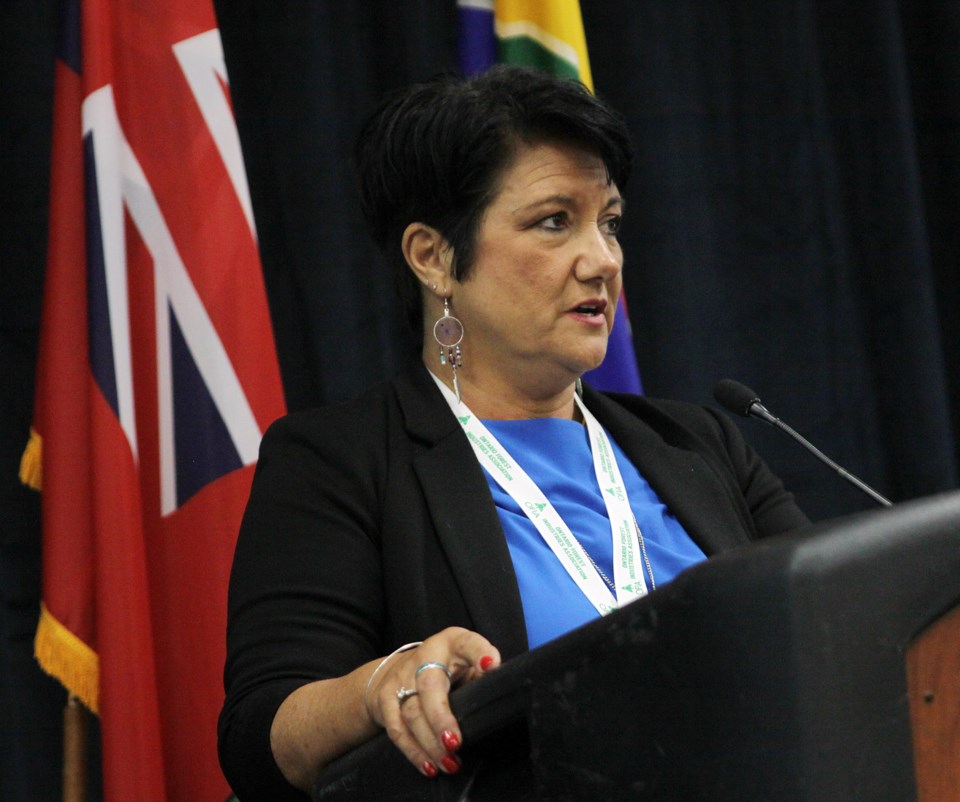NORTHWESTERN ONTARIO – The Northern Policy Institute has released a province-wide study on homelessness, addictions, and mental health that shows a province-wide epidemic on all three fronts.
Although the study is province-wide, the research shows that Northern Ontario has the highest rate of homelessness, mental health, and addiction cases compared to the South.
According to NPI’s study, “[u]rgent action is required to address Northern Ontario’s homelessness, addiction, and mental health crisis. Homeless enumeration data for 2021 show that Sault Ste. Marie and the districts of Kenora, Nipissing, and Cochrane have larger homeless populations than some of Ontario’s largest municipalities per 1,000 people.”
The study also highlights that Thunder Bay’s homeless population has more than double that of the municipality of Ottawa, Hamilton, and Waterloo.
Even more startling is the number of opioid-related emergencies and death in the North.
“Every northern health unit experienced the highest number of opioid-related emergency department visits within the last five years,” writes Holly Parsons, author of More than just a Number: Addressing the Homelessness, Addiction, and Mental Health Crisis in the North.
The Thunder Bay District Health reports a 305 per cent increase in opioid-related emergency department visits while Northwestern Health Unit reports that their cases have more than doubled since 2017. The study also reports a significant spike in opioid-related death with the Northwest Health Unit reporting an 88 per cent increase in a single year.
Although on the surface homelessness, addictions, and mental health are always inter-connected, they are factors of a larger social issue plaguing the North.
NOMA president Wendy Landry said, “it’s a huge challenge, and it’s a huge challenge across the province no doubt. But we believe in Northern Ontario our challenges are unique. Our challenges need to be looked at in a different capacity than it has been across the province. We appreciate the work that the province has been doing on health and wellness, mental health and addictions, hospitals and physicians, but we feel that our situation in the north is extremely unique. That’s why we are asking the government for separate consideration on the challenges we have up here in the north.”
Landry acknowledges the uniqueness of the challenges here in the north when addressing this crisis.
“I just got a call this week of a friend of a young lady I coached in women’s hockey who lost her life to an opioid overdose. It’s unfortunate that we know more moms who are going through this. It’s very different here in the north. To access mental and addiction help in the north, there are waiting periods, there isn’t physician available, there isn’t the agencies availability like they have in Southern Ontario,” Landry said.
Medical jurisdictions play a major factor in medical services. Although the province handles funding for health care, the funding handed down from the province isn’t enough to cover these services through a municipal budget.
“As the homelessness, addiction, and mental health crisis worsens in Northern Ontario, current services and programs are evidently not meeting the needs of northern communities. As the ones ‘on the ground’ interacting with community members, municipal governments face tremendous pressure from their tax bases to solve homelessness, addiction, and mental health issues in the community, but they are restricted by tight budgets,” Parson writes.
In the meantime, the shortage of health care professionals, housing resources, inadequate funding, and lack of action from decision makers across the region has created another substantial barrier when addressing these three epidemics.
Parson writes, “[t]hese barriers have contributed to breaks in the housing continuum and continuums of care for addiction and mental health that are also exacerbating the crisis. Housing and health service barriers and gaps need to be addressed urgently to reduce the number of Northerners struggling with homelessness, addiction, and mental health issues.”
Therefore, Parson’s paper identifies eight evidence-driven and economically valuable strategies to address mental health, addiction, and homelessness.
They are:
- Provide long-term funding for capital repairs on community housing units;
- Amend the Health Protection and Promotion Act, 1990 to define a Northern Service Hub and provide additional funding to make it available in communities;
- Establish a joint action taskforce to collect data and intelligence on the underlying and systematic retention issues of health care professionals in Northern Ontario;
- Support new and existing Housing First programs;
- Support new and existing culturally sensitive community housing facilities for Indigenous peoples;
- Establish a Northern Mental Health and Addictions Centre to address the unique challenges of service and program delivery in Northern Ontario;
- Contract a third-party operator for interfacility patient transfers to relieve the workload of paramedics;
- Establish mandated mobile crisis intervention teams (MCIT) in municipalities throughout Northern Ontario.
Landry will take the NPI study to the Association of Municipalities Ontario conference where she will present the finding to Premier Ford, the Minister of Health Sylvia Jones, and Ontario's Minister of Municipal Affairs and Housing Steve Clark, as well as, the official opposition NDP Interim Leader Peter Tabuns.
“We’re advocating for a Northern Hub,” explains Landry. “A northern approach to these problems, and like I said they have very unique to the northern province and our geographical area. Access to those mental health doctors, the addiction work, and all of that are really hard to come by here, and we really need to do something because this is an epidemic.”
To read the full study: More than just a Number: Addressing the Homelessness, Addiction, and Mental Health Crisis in the North, click on the link.
